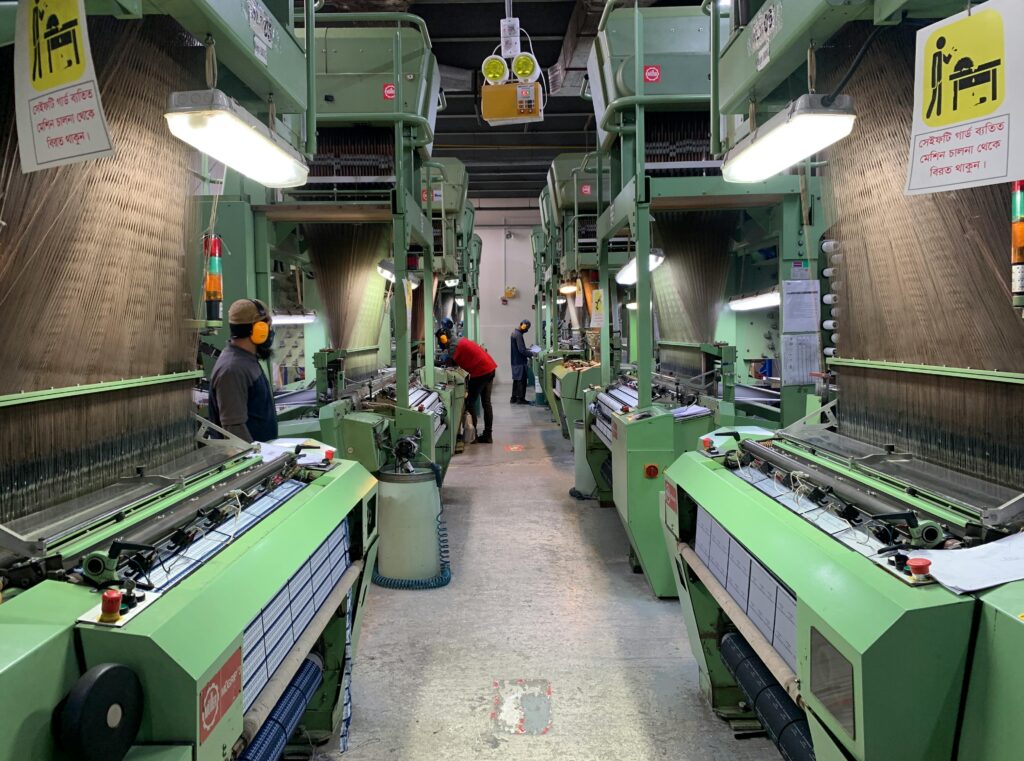Summary: Investigate how textile waste recycling in Bangladesh is transforming the apparel sector for a sustainable future.

Bangladesh, the world’s second-largest apparel producer, is facing increasing pressure to enhance textile waste recycling efforts amid global sustainability demands.
The Textile Waste Recycling Crisis
Each year, Bangladesh generates approximately 577,000 metric tons of textile waste. However, textile waste recycling remains limited in Bangladesh, with only a small portion processed domestically. Most textile waste is either exported for recycling overseas or discarded, causing environmental harm to local waterways and landfills. This unsustainable practice poses a major challenge to Bangladesh’s garment sector, especially given stricter environmental regulations in key markets like Europe.
Global Demand Driving Textile Waste Recycling Growth
New regulations in the European Union and other regions mandate higher recycled content in textiles. This global shift is pushing Bangladesh to expand textile waste recycling capabilities. The worldwide textile recycling market is projected to reach US$9.4 billion by 2027, offering significant economic opportunities. Developing local textile waste recycling infrastructure can help capture value lost in exporting waste and reduce about US$700 million in import costs by recovering fibers domestically.
Challenges and Opportunities
The sector is currently dominated by an informal workforce, mainly women, sorting textile scraps under difficult conditions. Only a few recycling facilities use advanced technology for textile waste recycling. Investment in chemical recycling and mechanized processes is crucial but depends on stable waste supplies and transparent waste management systems. Emerging entrepreneurs are improving labor conditions and scaling operations, indicating promising growth for a formal textile waste recycling industry.
Investing in textile waste recycling brings dual benefits: environmental improvement and economic gains in a highly regulated global market. Collaboration among brands, recyclers, and government authorities is vital to build infrastructure and comply with international standards.
In summary, Bangladesh should urgently prioritize textile waste recycling. This strategy will safeguard millions of garment jobs and unlock global business opportunities. Sustainable textile waste recycling is essential to maintaining Bangladesh’s role as a global fashion leader while promoting environmental responsibility.
Source: Eco-Business
